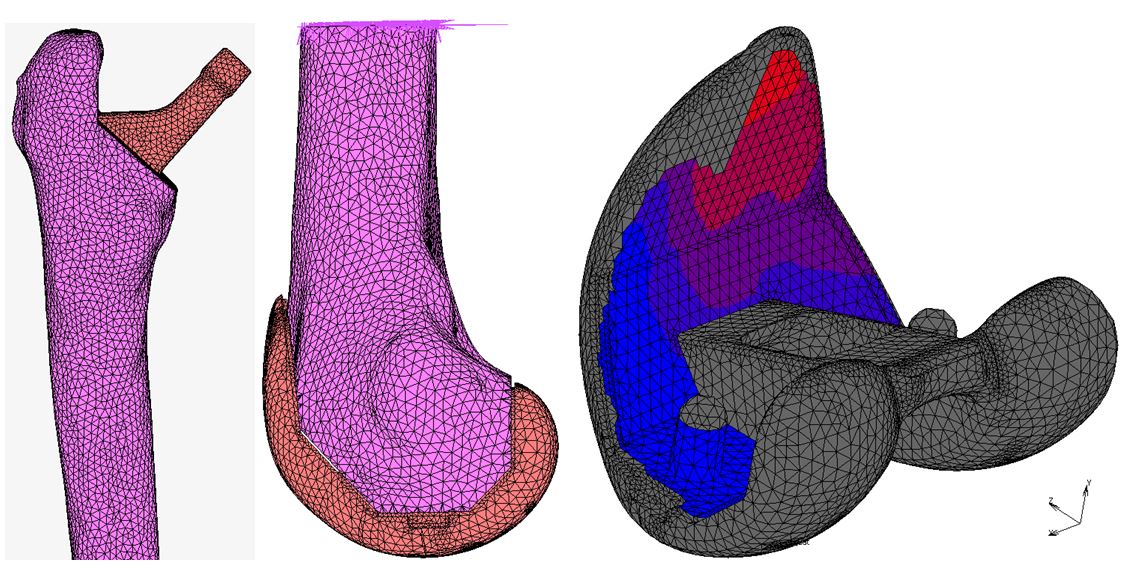Thomas Anijs, PhD
About me
I studied Biomedical Engineering in Enschede at the University of Twente. During my study I have done an internship at the Aalborg University, Denmark, to improve the kinematics between cervical vertebrae within the musculo-skeletal model of the AnyBody Modeling System. Afterwards, I performed my Master’s thesis at the Biomechanical Engineering research group of the University of Twente. This research was focused on ambulatory measured motion analysis, based on inertial & magnetic sensors and force-measuring shoes, to assess feasibility of capturing clinically applicable motion analysis data outside of a dedicated motion laboratory. In January 2016, I started as a Ph.D. candidate at the Orthopaedic Research Lab on the project called ‘Computational Methods for Pre-Clinical Assessment of Implant Fixation in Total Joint Replacement’ under supervision of Nico Verdonschot and Dennis Janssen.

Thomas successfully defended his Ph.D at the Radboud University on Wednesday October 26th 2022
Research Impression
Aseptic loosening is a common failure after total joint replacement procedures, requiring revision surgery. Current pre-clinical testing of implant devices to prevent loosening is focused on initial post-operative stability, but no experimental methods are currently available to assess mid- and long-term fixation. Use of computational methods can bring outcome, as they can be used to investigate both initial stability as well as the medium-/long-term bone response, examining a variety of different conditions including model loading, bone quality and implant design and placement. Within the Ph.D. project, established computational methods are used and refined to ultimately develop a validated computational tool to assess long-term fixation of cementless knee and hip implants before the clinical stage.
